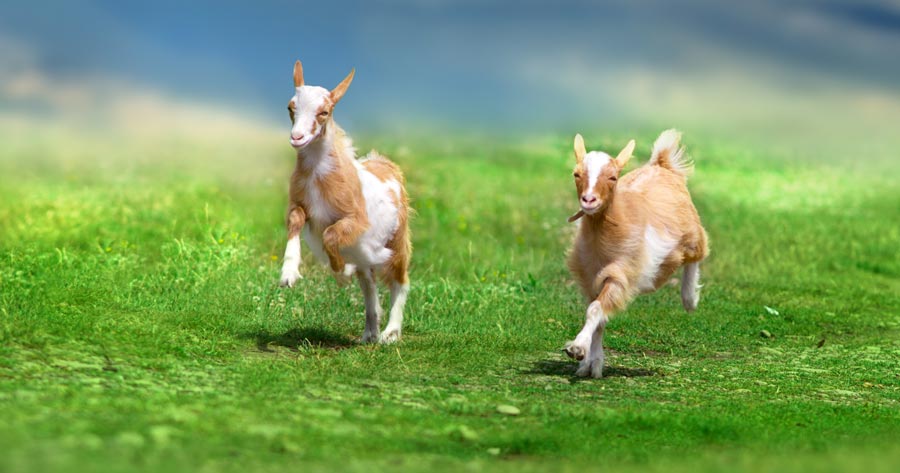Self-Sufficient U Blog
Contact
Clark County Extension Service
Amy Simpson, Horticulture
Cindy Ham, 4-H and Ag
JoAnn Vann, Family & Consumer Sciences
Phone: 870-246-2281
Email: clark-arkadelphia@uada.edu
Follow us on
Facebook
Clark County
Cooperative Extension Service
640 S 6th Street Suite B
Arkadelphia, AR 71923

Tips to Help Prepare for Goat Kidding Season
By Cindy Ham, 4-H Extension Agent, Clark County
As we begin the new year, it’s also a great time to prepare for kidding season on your farm. Being well-prepared can significantly improve the survival rate of kids and reduce stress for both you and your animals!
Here are a few tips to help ensure a smooth and successful kidding season:
-
Clean and Prepare Your Facilities
Make sure your barn and kidding area are clean and organized before kidding begins. Key tasks include cleaning out old bedding, disinfecting surfaces and equipment, and setting up dedicated kidding pens. Consider investing in or checking the condition of heat lamps or other warming devices to ensure kids stay warm in colder weather. Ensure pens are draft-free and well-ventilated. -
Assemble a Comprehensive Kidding Kit
Having a well-stocked kidding kit on hand can be a lifesaver. Use a bucket, toolbox, or other portable container to store essential items. Your kit should include:- Latex gloves and OB gloves
- Iodine (for navel dipping)
- Towels
- Chlorhexidine scrub
- OB lube
- Kid puller
- Colostrum replacer or supplement
- Feeding tube and syringe
- Bottle and nipple
- Emergency contact numbers (vet, experienced goat keeper)
Additional helpful items:
- Paper towels and baby wipes
- Scissors
- Thermometer
- Needles and syringes
- A bucket for warm, soapy water
- Dewormer
- Penicillin or other necessary medications
-
Vaccinate and Check Does
Administer CD&T vaccines to your does about four weeks before their expected kidding dates to ensure the kids receive passive immunity. Use this time to perform a health check on your does, including monitoring for signs of parasites. Deworm if necessary, but ensure any product used is labeled safe for pregnant animals. -
Establish a Relationship with a Veterinarian
Find a veterinarian who is experienced with small ruminants and is available for emergencies. Keep their contact information readily accessible. If possible, discuss your kidding plan with your vet ahead of time and ask about potential issues to watch for. -
Know the Signs of Labor
Familiarize yourself with the signs that a doe is about to kid. These include udder development, relaxation of the ligaments around the tail, nesting behaviors, and changes in appetite. By recognizing these signs early, you can ensure you’re present to assist if needed. -
Prepare for Cold Weather
If kidding occurs during cold months, prioritize warmth and protection for newborns. Heat lamps, deep straw bedding, and draft-free pens are critical. Monitor the temperature to prevent chilling or overheating. -
Keep Records and Plan Ahead
Track breeding dates to estimate kidding windows, and use this information to prepare. Maintaining records of each doe’s health, kidding history, and vaccinations can be invaluable for future planning.
For more resources and guidance on sheep and goat production in Arkansas, check out our web resources.